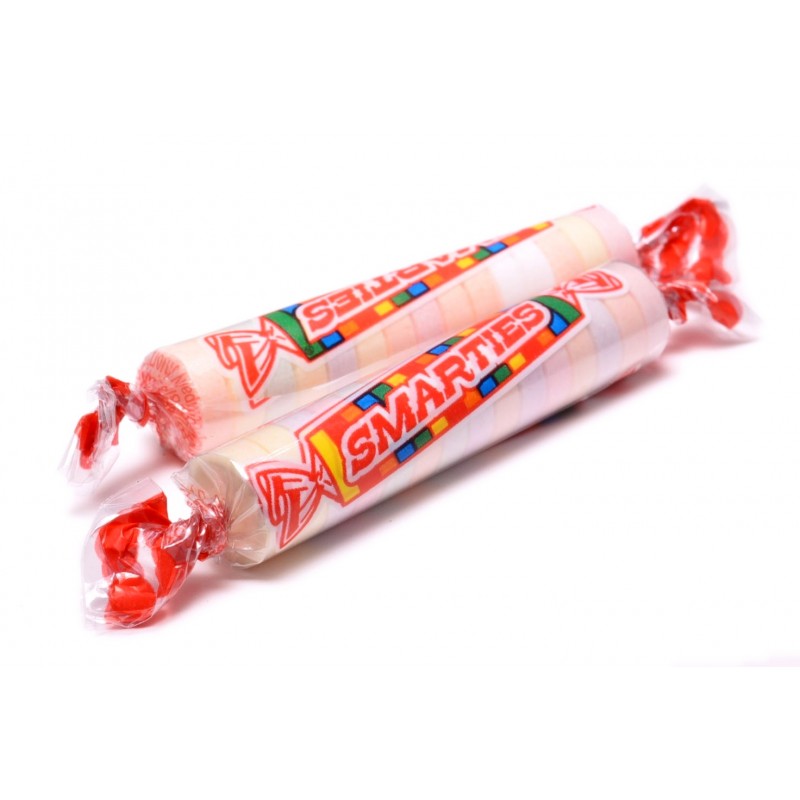| Topic: smarts | |
|---|---|
|
two groups of skills originate in two basic types of intelligence: fluid and crystallized. The first, according to the British-American psychologist Raymond Cattell in his 1971 book Abilities: Their Structure, Growth, and Action, is essentially the ability to solve abstract problems; the second represents a person’s knowledge gained during a lifetime of learning. In other words, as a young adult, you can solve problems quickly; as you get older, you know which problems are worth solving.
|
|
|
|
|
|
I will take any smartz I can get.
|
|
|
|
|
|
1+1=3

|
|
|
|
|
|
2+2=22

|
|
|
|
|
|
I will take any smartz I can get. Here you go: 
|
|
|
|
|
|
WHEN WE HAVE A THOUGHT THAT FITS '' OUR STORY'' WE
1- WE FEEL ITS TRUE 2- WE ACT LIKE ITS TRUE AND IT BECOMES TRUE.....AND OUR WORLD BECOMES A '' MIRROR TO PROJECT OUR STORY....THAT HOW WE LIVE UP TO THE SCRIPT WE ARE GIVEN.....HAS NOTHING TO DO WITH SMARTZ..... |
|
|
|
|
|
1971 book
While many psychology books refer to different things, terms & conditions I was told only the current definitions are accurate. This is because psychology is fluid and adaptive. Mainly because people and the conditions which are studied change over time as a reflection of social norms. A book written in 1971 has more to do with the people living in the late sixties-early seventies than it does for people living in the early 2020s. There's a difference between Intelligent and Smart. Intelligence is the ability to gain understanding Smart is the ability to use understanding. You can be smart but not very intelligent and you can be intelligent and not very smart. |
|
|
|
|











